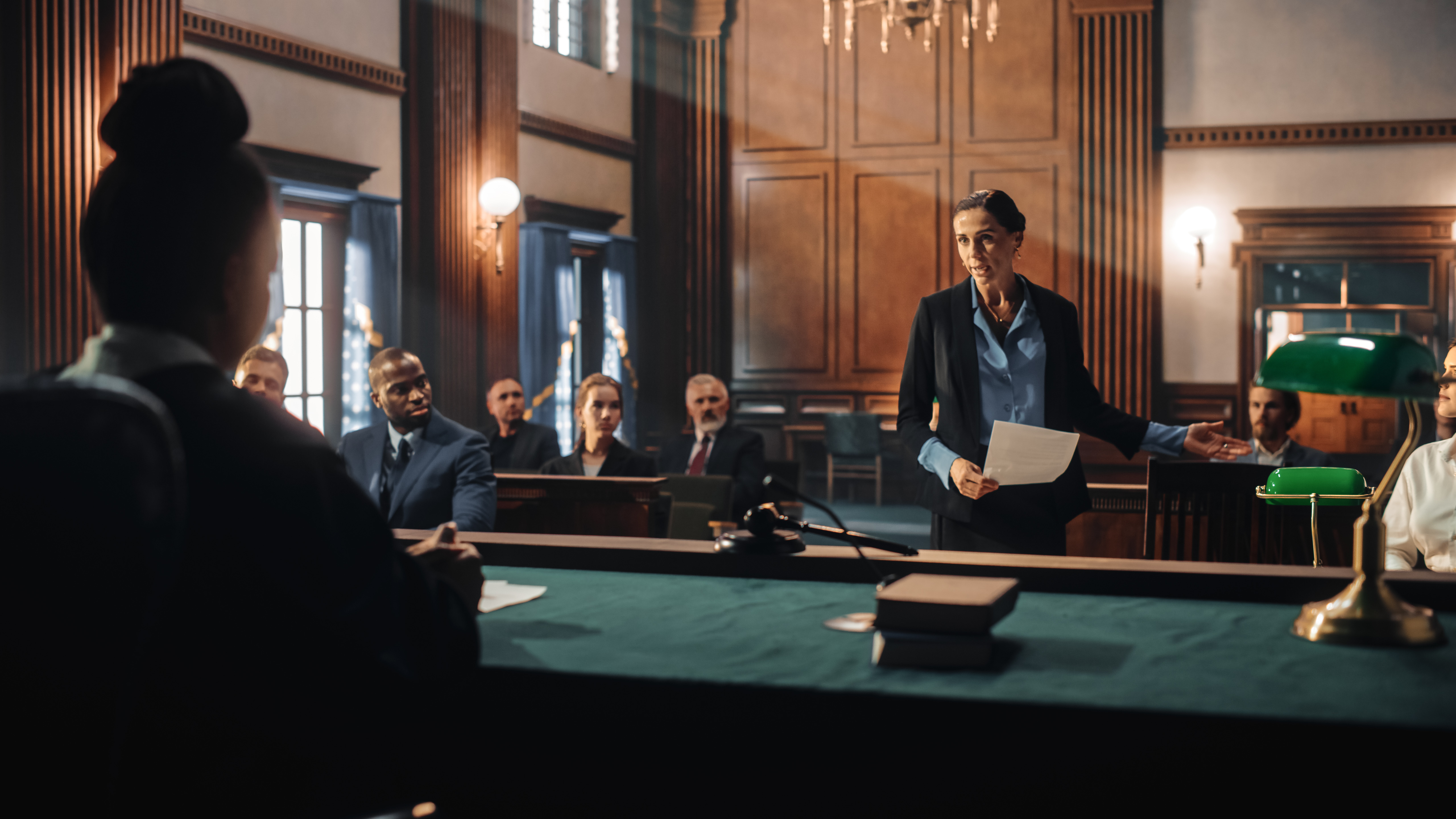Lawyer's Role in Filing a Habeas Corpus Petition Explained
Lawyer's Role in Filing a Habeas Corpus Petition Explained
Blog Article
Comprehending the Duty of a Post-Conviction Lawyer in Looking For Justice After a Criminal Sentence
In the complex landscape of post-conviction lawful process, the duty of a post-conviction lawyer is pivotal in browsing the path to justice after a criminal conviction. Past the confines of a test, these attorneys involve in a complex method intended at revealing brand-new proof, difficult lawful errors, and advocating for their clients' legal rights. The details of post-conviction work need a mix of lawful acumen, investigative skills, and calculated assuming to decipher the intricacies of a case and seek avenues that might have been forgotten or underexplored. As the pursuit of justice extends past the confines of first proceedings, the function of a post-conviction lawyer emerges as a beacon of expect those looking for to rectify injustices and recover their rights within the legal system.
Post-Conviction Attorney's Investigatory Job
Post-conviction legal representatives participate in precise investigatory job to reveal new proof, step-by-step mistakes, or misconduct that could possibly bring about overturning a sentence. This investigative stage is vital in the post-conviction process as it intends to determine any forgotten details or lawful missteps that might have impacted the end result of the preliminary test. Post-conviction attorneys explore instance files, witness testaments, and legal documents with a fine-tooth comb, looking for any type of discrepancies or abnormalities that can be grounds for allure.
Via comprehensive investigation, post-conviction legal representatives intend to lose light on potential injustices that may have happened throughout the initial test. By looking at every facet of the lawful process, post-conviction lawyers function tirelessly to uncover any factors that may have influenced the verdict.
Crafting Appeals and Petitions
In the pursuit of justice after a conviction, proficient legal representatives diligently craft allures and applications to existing engaging debates for the reconsideration of lawful choices. Crafting charms and requests needs a deep understanding of the legal system, attention to detail, and strategic reasoning. Post-conviction legal representatives assess test documents, determine prospective errors or violations of rights, and create lawful disagreements to challenge the conviction or sentence.
When crafting an appeal, lawyers concentrate on highlighting lawful errors that may have affected the end result of the instance. They investigate case law, statutes, and lawful criteria to support their arguments. Applications, on the various other hand, may entail offering new evidence that was not readily available during the trial or showing modifications in the law that warrant a testimonial of the conviction.
Moreover, post-conviction legal representatives need to adhere to rigorous step-by-step guidelines and deadlines when submitting charms and petitions. They have to provide their arguments plainly and persuasively to convince the court to grant alleviation to their clients. Via precise crafting of allures and requests, post-conviction lawyers make every effort to protect justice for people who have actually been wrongfully founded guilty or unfairly punished.

Seeking Post-Conviction Alleviation
Post-conviction relief incorporates a variety of legal devices designed to challenge the legitimacy of a conviction or sentence. Post-conviction legal representatives play a critical role in browsing these complicated treatments, making sure that all legal choices are explored to remedy injustices that might have occurred throughout the trial or sentencing stage.
One usual form of post-conviction relief is filing a request for post-conviction alleviation, commonly based on claims of ineffective support of guidance, prosecutorial misbehavior, recently found proof, or constitutional offenses. Experienced post-conviction legal representatives have the abilities and expertise essential to recognize viable legal claims, conduct investigations, and existing compelling debates to safeguard alleviation for their customers.
Utilizing Forensic Evidence
When challenging a sentence or sentence, the critical application of forensic proof can be an effective device in post-conviction legal proceedings. Forensic evidence encompasses a vast array of scientific techniques made use of to explore crimes and establish realities in court. Post-conviction legal representatives can utilize forensic proof to challenge the validity of convictions by offering brand-new scientific findings that were not available during the original test.

Taking Part In Sentence Alterations
Post-conviction attorneys might check out the possibility of sentence adjustments as a legal avenue to address disproportionate or unjustified sentences passed on in criminal instances. Sentence adjustments include seeking changes to the terms of an offender's sentence after a sentence has occurred. These alterations can consist of minimizing the length of a sentence, altering the type of penalty enforced, or checking out alternative sentencing alternatives.
Post-conviction legal representatives can you can check here go after sentence adjustments through numerous lawful mechanisms, such as submitting activities for sentence reduction, appealing for compassionate launch, or discussing plea deals for lowered sentences. They need to thoroughly review the conditions of the situation, assess the lawful grounds for looking for an adjustment, and present engaging arguments to the court sustaining the requirement for a modified sentence.
Participating in sentence modifications calls for a complete understanding of criminal law, punishing guidelines, and the details procedures associated with seeking post-conviction alleviation. Post-conviction attorneys play an essential duty in advocating for reasonable and just results by challenging sentences that are unduly extreme or do not align with the concepts of justice.
Verdict
To conclude, the duty of a post-conviction lawyer is critical in seeking justice after a criminal sentence. Via investigative job, crafting allures and petitions, going after post-conviction alleviation, utilizing forensic proof, and taking part in sentence modifications, these legal specialists play a vital function in supporting for their clients and guaranteeing that their civil liberties are upheld within the criminal justice system. Their commitment and proficiency are necessary in browsing the complexities of post-conviction proceedings and accomplishing a reasonable end result for people facing criminal convictions.
Report this page